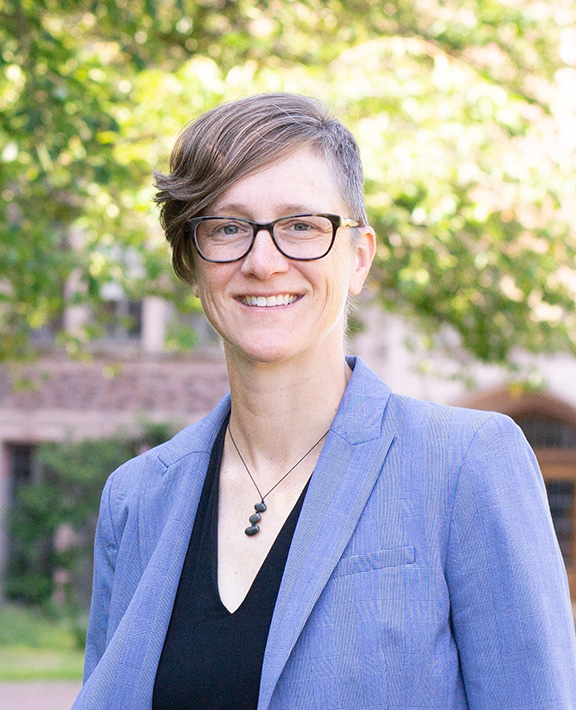Leah Pistorius
July 13, 2020

How Scientific Data, Knowledge, and Expertise Mobilize in Online Media During the COVID-19 Crisis

Kate Starbird
In times of uncertainty, people engage in a process of collective sensemaking to gather as much information as possible and attempt to ease uncertainty and anxiety.
The collective sensemaking during the COVID-19 pandemic is occurring when information systems are already flooded with misinformation and disinformation. The COVID-19 crisis itself features scientific uncertainty about the nature of the disease and how it spreads, as well as the best protective actions. This combination makes it difficult to find and understand current, accurate information, which can increase uncertainty and anxiety even more.
Kate Starbird, associate professor in the Department of Human Centered Design & Engineering, and her collaborators with the UW’s Center for an Informed Public received a rapid-response research (RAPID) grant from the National Science Foundation to study how scientific knowledge, expertise, data, and communication affect the spread and correction of online misinformation about an emerging pandemic.
Principal Investigator on the project is Emma Spiro, assistant professor in the UW’s Information School, and a Co-Principal Investigator with Starbird is Jevin West, associate professor in the Information School.
The researchers plan to study how information moves through social media platforms and jumps to other media platforms, including traditional journalism, and how individual social media accounts contribute to shaping the information flow.
The project will use artificial intelligence, statistical analysis, and expert coding to create an open data archive of scientific data and expertise as it is communicated over time and updated in news and social media. The goal is to offer the public current, accurate information about the science of virus transmission and prevention.
Read more from the researchers on the Center for an Informed Public website.
This project is one of several in the Department to receive a rapid-response research (RAPID) grant from the NSF, which has called for immediate proposals that have potential to address the COVID-19 pandemic. Review other projects involving HCDE researchers, here.